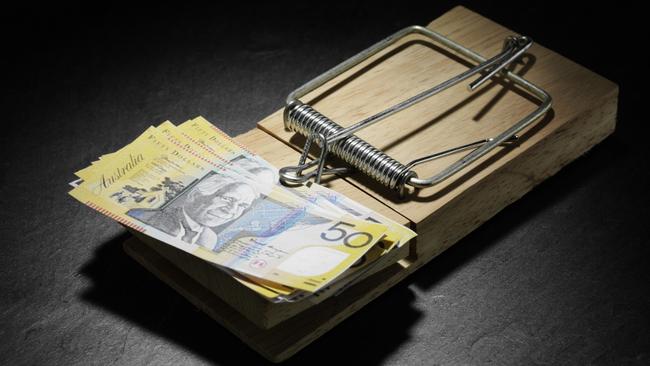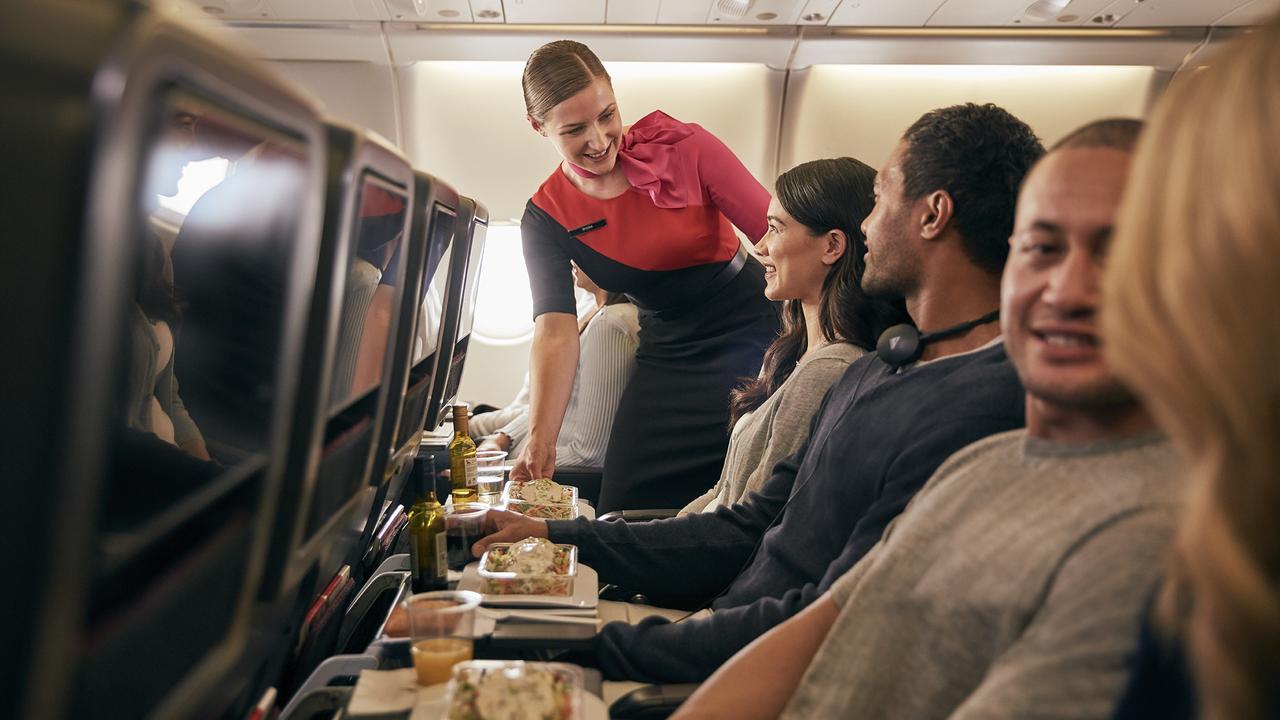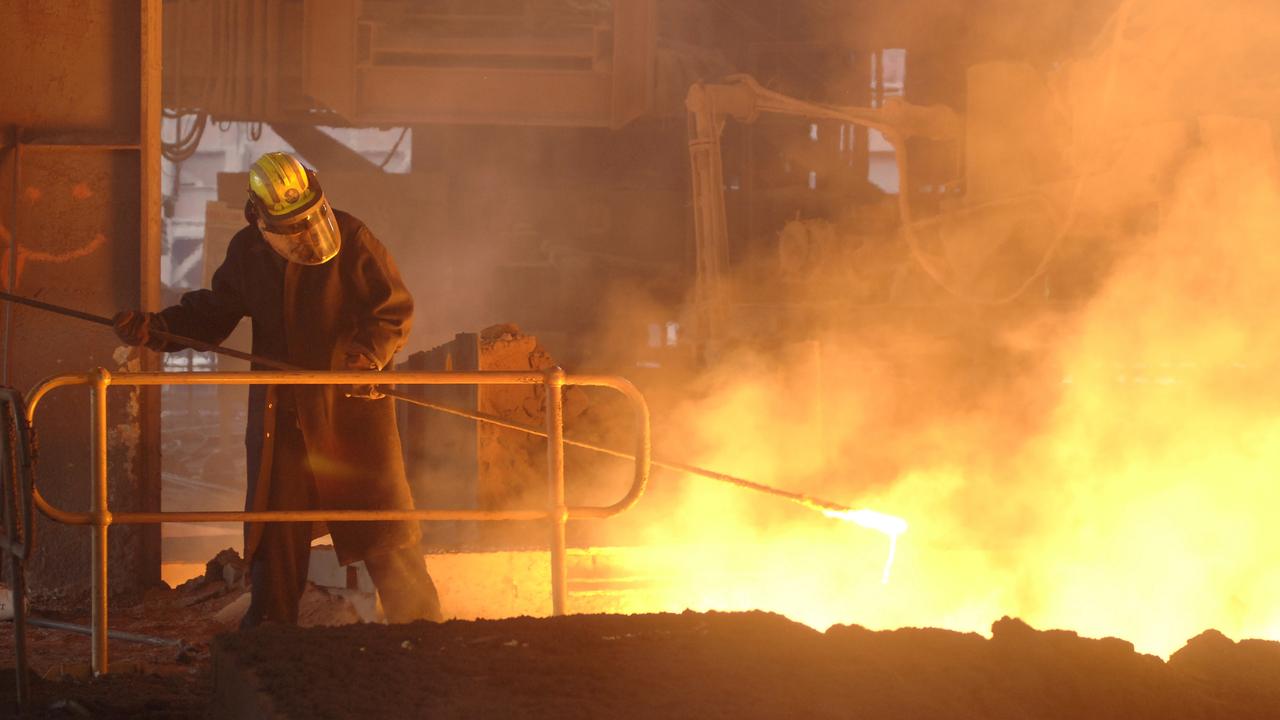Tax tips to stop a nasty sting at the end of the financial year
Early June is the time to start taking tax seriously if you want to grab the biggest deductions and avoid an ATO audit.

Business
Don't miss out on the headlines from Business. Followed categories will be added to My News.
The end of the tax year is upon us, but don’t make the mistake of waiting until June 30 to get your affairs in order.
The first fortnight in June can be your best money-making weeks, a time where, if you’re smart, you’ll maximise your tax pay day or make the right decisions to avoid an audit by the Australian Taxation Office.
Prepaying expenses, diaries and logbooks, capital gains and losses, working-from-home deductions and investment property maintenance are among the areas that commonly trap people, tax specialists say.
Changes last year to working-from-home deductions mean that most people must now keep a daily diary of hours worked, rather than the previous ATO rule of an estimate.
H&R Block director of tax communications Mark Chapman says people should use June to compile all receipts, invoices, logbooks and diaries, and be careful with work-related expenses.
“The ATO recently claimed that there was an $8.7bn shortfall between the tax individuals are expected to pay and the tax they actually are paying,” Chapman says.
“The ATO believes that work-related expenses claims are the biggest element in that tax gap and have signalled that they’ll be looking closely at these deductions this year.”
Workers can use June to prepay items such as income protection insurance, subscriptions, conferences, union fees, tools and training, which means they won’t have to wait more than 12 extra months to claim their deduction.
CPA Australia tax lead Jenny Wong says as more workers have multiple jobs, there can be an “unintentional tax trap” caused by the tax-free threshold, where the first $18,200 of income Australians receive is tax free.
“The first job attracts the tax-free threshold, so if you don’t declare to your second or subsequent employer that it is your second job, you may be under taxed, resulting in a larger tax bill,” she says.
“If you do work multiple jobs, even just a few hours, you can only claim the tax-free threshold in relation to one job. If it’s claimed for more than one job, you are more likely to be required to pay top-up tax than get a refund.”
What to do now
Voluntary superannuation contributions can trap people, because those wanting to claim a tax deduction must ensure that their fund gets the money before July 1, so waiting until the last minute is dangerous.
Property investors now have just over a month to pay for things such as landlord insurance, prepaid interest, depreciation reports and repairs and maintenance, to avoid a long delay in their associated refund.
“Repairs to a rental property because of wear and tear or damage from tenants are tax deductible,” Ms Wong says. But work resulting in an improvement to the property is not immediately deductible and must be depreciated over time, she says.
H&R Block’s Mr Chapman says the ATO has found errors in 90 per cent of rental property returns it reviewed.
He says share investors who try to sell in June to claim a capital loss, the repurchase them in July, are also in danger.
“The ATO takes a hard line against these so-called wash sales,” he says.
“If this happens, the ATO can apply the anti-avoidance provisions to cancel any tax benefits and apply penalties.”


Getting tax advice from social media and AI is a modern trap. “Whatever you do, don’t follow tax advice on social media,” Ms Wong says.
“Whether it’s so-called finfluencers or anyone else claiming to be an expert, the reality is that anyone with a camera can post a video online and you don’t know who these people are.
“Likewise, it might be tempting to use ChatGPT or other OpenAI tools for advice, but these tools can’t process all the nuances of the Australian tax system or your individual circumstances.”
The ATO warned this month it would be focusing on areas where it saw frequent errors, including work-related expenses and working from home deductions.
“‘Don’t fall into the trap of thinking you can claim expenses like travel to and from work and childcare costs,” ATO assistant commissioner Rob Thomson says.
“These expenses are personal in nature and cannot be claimed.”




